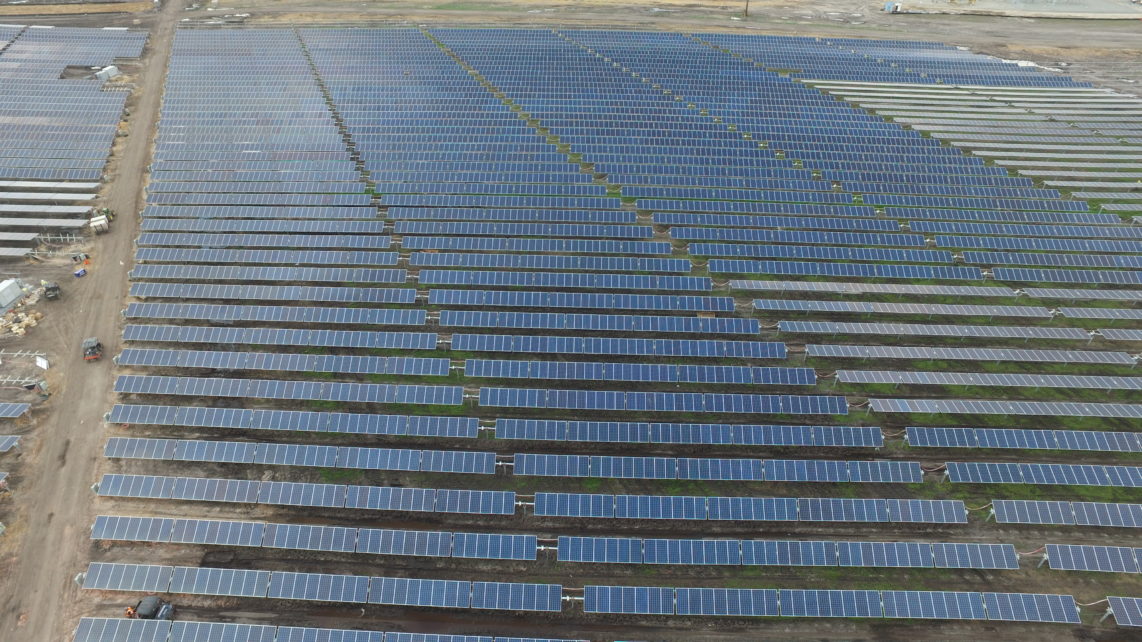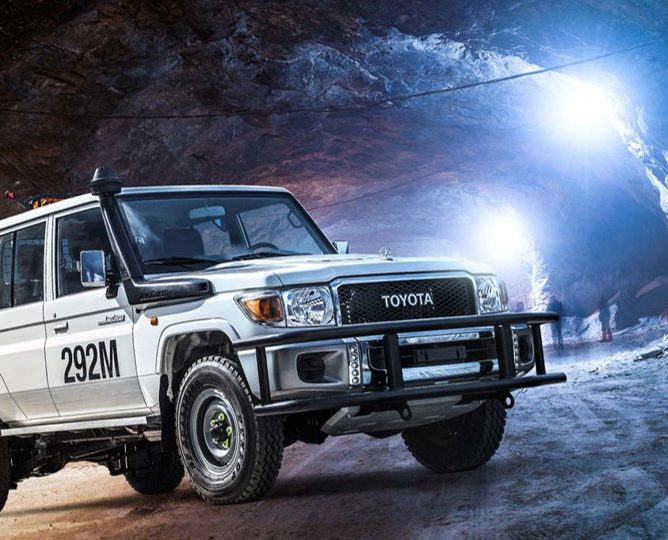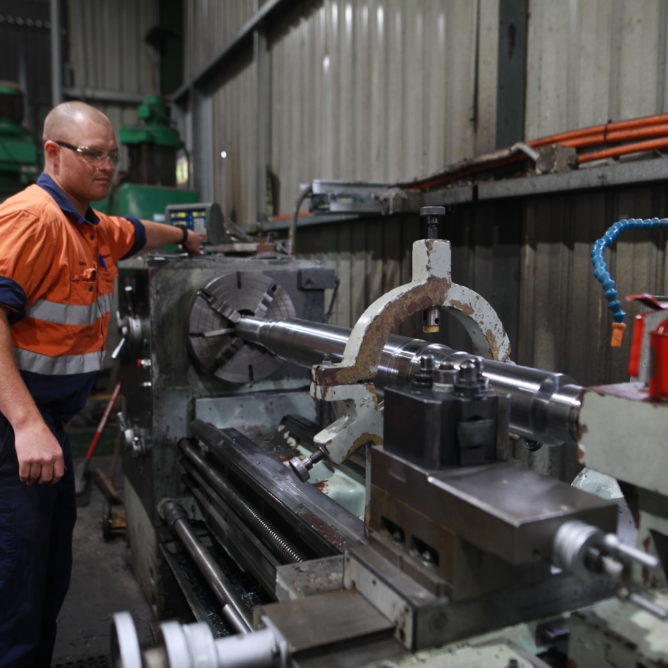
In October 2020, VivoPower announced its intention to enter the commercial electric vehicle market and duly acquired a 51% shareholding in Tembo e-LV B.V., based in the Netherlands. In February 2021, following a capital injection, VivoPower moved to 100% ownership of Tembo.
The inspiration for the strategic move into electric vehicles was a keynote speech given by clean energy expert and visionary, Tony Seba, at the official opening of Arowana’s London offices in September 2017. Tony spoke about electric vehicle adoption happening much faster than most would expect. Subsequently, the catalyst for the strategic pivot was the grassroot insights from VivoPower’s own critical power services businesses in Australia, that there was growing demand for vehicle electrification solutions from mining and infrastructure customers.
Given that VivoPower has an established and active customer base in some of Tembo’s focus markets (particularly mining, infrastructure, and utilities), the acquisition is a key enabler to VivoPower’s commitment to its three-pronged Sustainable Energy Solution (SES) strategy to help customers in these sectors move to decarbonisation.

